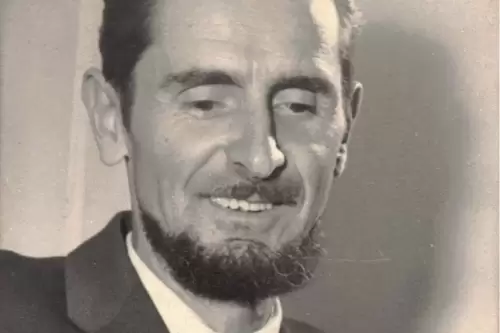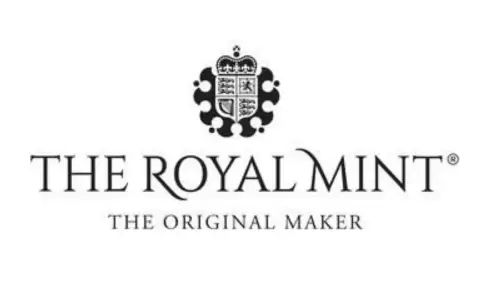 |
|
 |
|
 |
|
 |
|
 |
|
 |
|
 |
|
 |
|
 |
|
 |
|
 |
|
 |
|
 |
|
 |
|
 |
|
暗号通貨のニュース記事
Ethereumの共同設立者Vitalik Buterinは、ネットワークノードを実行するためのハードウェアの負担を減らすための新しい設計を提案しました
2025/05/19 20:16
日曜日に公開されたブログ投稿で、Buterinは「部分的にステートレスノード」の概念を紹介し、ユーザーはEthereumのデータのサブセットのみを保存できるようにしました

Ethereum co-founder Vitalik Buterin has proposed a new design to reduce the hardware burden for running a network node, framing it as a step toward a fully decentralized network that doesn’t require sophisticated infrastructure to help maintain.
Ethereumの共同設立者Vitalik Buterinは、ネットワークノードを実行するためのハードウェアの負担を減らすための新しい設計を提案し、維持に役立つ洗練されたインフラストラクチャを必要としない完全に分散型ネットワークへのステップとしてフレーミングします。
In a blog post published on Sunday, Buterin introduced the concept of “partially stateless nodes,” allowing users to store only a subset of Ethereum’s data, rather than the entire blockchain that clocks in at over 1.3 terabytes (TB).
日曜日に公開されたブログ投稿で、Buterinは「部分的にステートレスノード」の概念を導入し、1.3テラバイト(TB)でクロックするブロックチェーン全体ではなく、ユーザーがイーサリアムのデータのサブセットのみを保存できるようにしました。
The proposed goal is to allow everyday users, not just institutions, to run nodes on personal devices. A node is an electronic device that connects to a blockchain network to help verify transactions and keep a copy of the ledger.
提案されている目標は、機関だけでなく、個人のデバイスでノードを実行できるようにすることです。ノードは、ブロックチェーンネットワークに接続する電子デバイスで、トランザクションの検証と元帳のコピーを保持するのに役立ちます。
Currently, operating a full Ethereum node requires significant disk space, often over 1 TB, making it impractical for most users. While third-party services offer access to blockchain data, they come with privacy and censorship trade-offs, Buterin noted.
現在、完全なイーサリアムノードを操作するには、多くの場合1 TBを超える重要なディスクスペースが必要であるため、ほとんどのユーザーにとって非現実的です。サードパーティのサービスはブロックチェーンデータへのアクセスを提供しますが、プライバシーと検閲のトレードオフが伴います、とButerinは指摘しました。
Instead, his new model suggests letting each node store only the data most relevant to the user, while verifying other parts of the chain on demand using cryptography.
代わりに、彼の新しいモデルでは、各ノードがユーザーに最も関連するデータのみを保存すると同時に、暗号化を使用してチェーンの他の部分を検証できるようにすることを提案しています。
The “local-first” approach mirrors a library system: you keep the books you use often, and borrow the rest when needed.
「ローカルファースト」アプローチは、ライブラリシステムを反映しています。使用する本を頻繁に保持し、必要に応じて残りを借ります。
“This type of node would give the benefits of direct local access to the state that a user needs to care about, as well as maximal full privacy of access to that state,” Buterin wrote.
「このタイプのノードは、ユーザーが気にする必要がある状態に直接局所的にアクセスすることの利点と、その状態へのアクセスの最大の完全なプライバシーを提供します」とButerinは書いています。
The system would also allow users to configure what data their node stores, like common smart contracts, tokens, or specific apps, using a simple onchain setting. Users wouldn’t need to store Merkle proofs (the complex cryptographic trees that secure blockchain state), as only raw data suffices.
また、このシステムにより、ユーザーは、単純なオンチェーン設定を使用して、一般的なスマートコントラクト、トークン、特定のアプリなどのノードストアを構成することもできます。ユーザーは、生データのみが十分であるため、メルクルプルーフ(ブロックチェーン状態を確保する複雑な暗号化ツリー)を保存する必要はありません。
The proposal is still in its early stages, but it could shape the next phase of the network’s decentralization roadmap.
この提案はまだ初期段階にありますが、ネットワークの分散化ロードマップの次のフェーズを形作る可能性があります。
免責事項:info@kdj.com
提供される情報は取引に関するアドバイスではありません。 kdj.com は、この記事で提供される情報に基づいて行われた投資に対して一切の責任を負いません。暗号通貨は変動性が高いため、十分な調査を行った上で慎重に投資することを強くお勧めします。
このウェブサイトで使用されているコンテンツが著作権を侵害していると思われる場合は、直ちに当社 (info@kdj.com) までご連絡ください。速やかに削除させていただきます。






























































